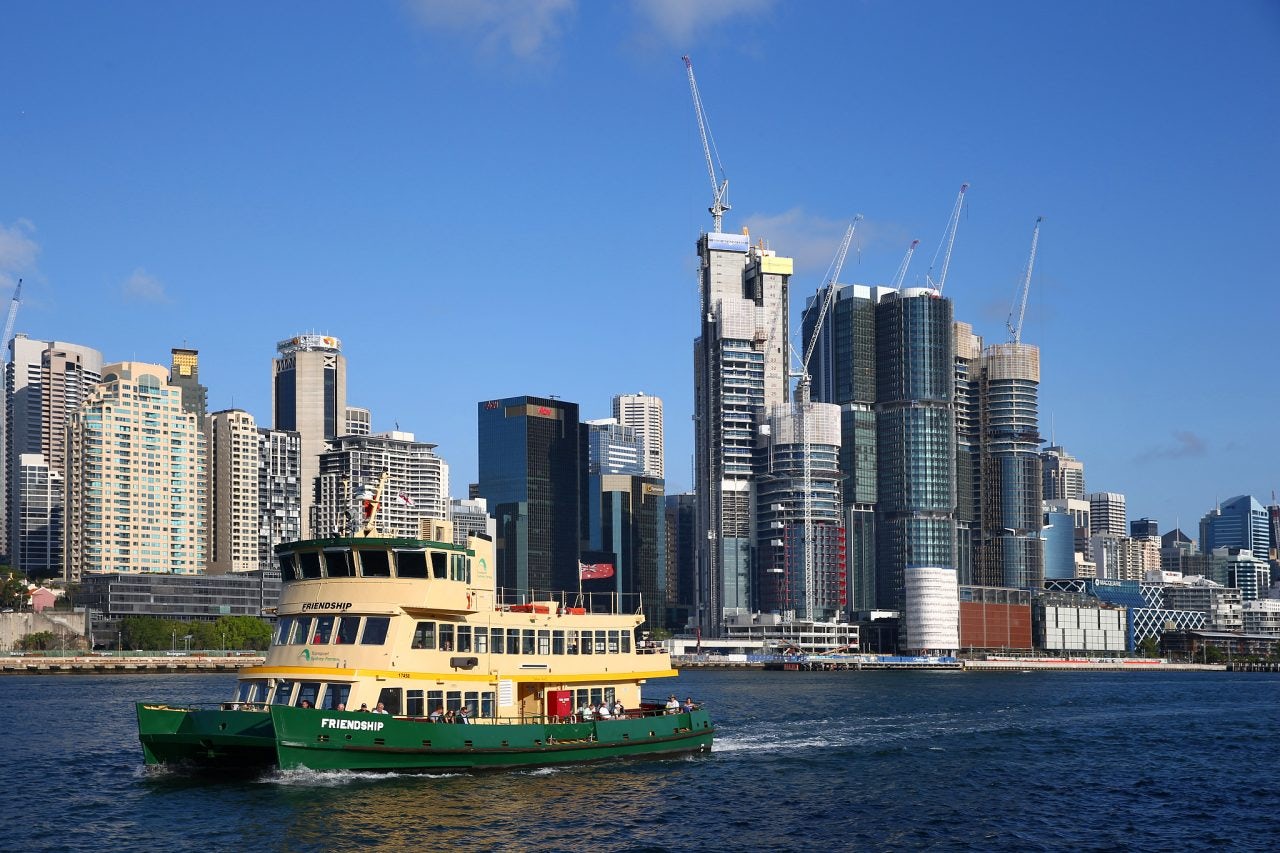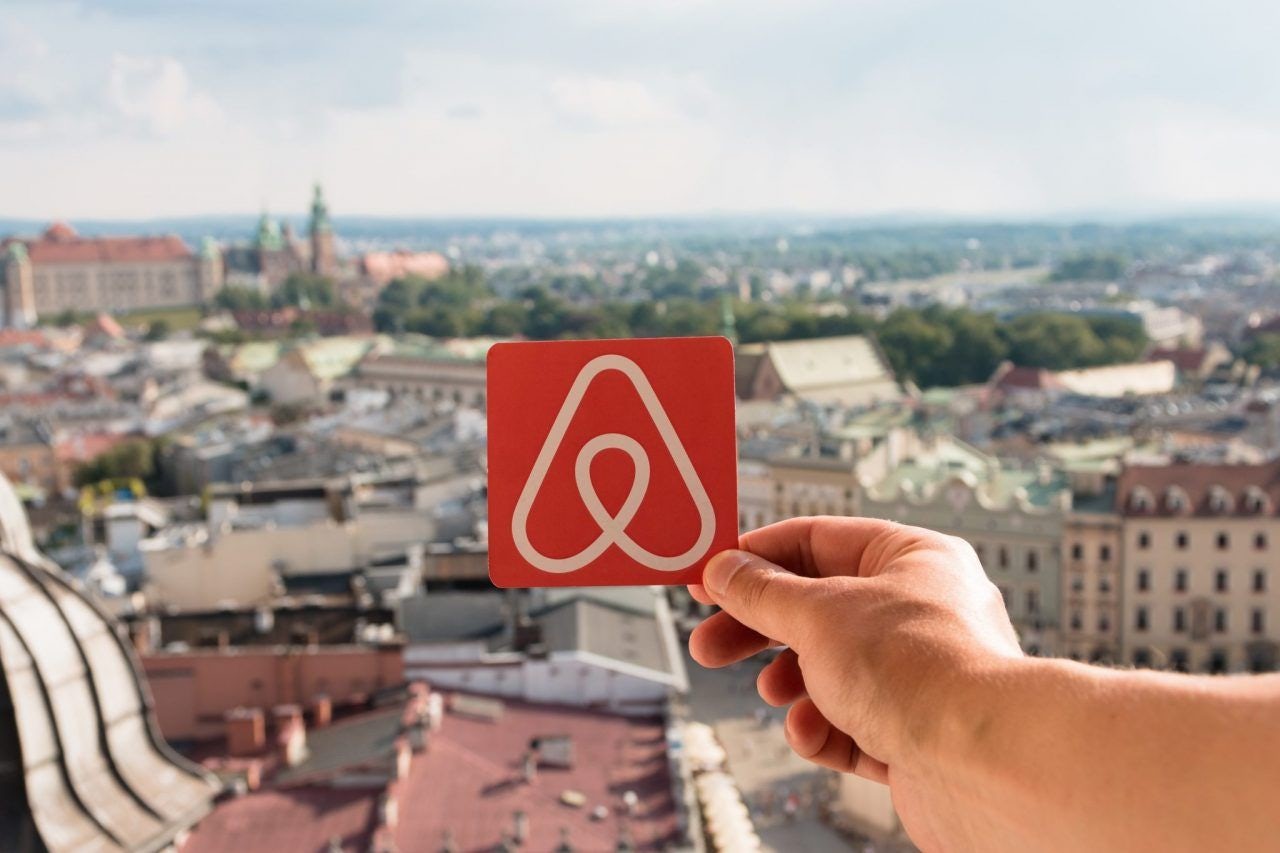What’s the most competitive hotel market in the world right now? “In my opinion, China,” says Bernardo Cabot Estarellas, Senior Vice President of Meliá Hotels International Asia Pacific. Yet Spain’s far-flung Meliá Hotels chain is launching an aggressive expansion into China right now, in part to balance out its risks in the event of upheaval elsewhere in the world.
Success isn’t guaranteed. While the growth of demand in China has been explosive, the obstacles for hotel chains are numerous: hotel saturation in the city center, a more demanding consumer, and a fast-changing social-media marketing landscape. So how is Meliá going about its attempt?
The company entered Mainland China in 2014 with two hotels in Xi’an and Jinan, and then later in Shanghai and Zhengzhou. Now, it’s planning a slew of openings for the next decade. Among them is a second hotel on the books in Shanghai, a second in Zhengzhou, and properties planned for Chongqing and Xueye Lake near Jinan.
Jing Daily caught up with Estarellas who has been living and working in China for eight of the nearly 28 years he’s been with the company. Here are highlights from our interview including how his team tries to navigate the tough Chinese market and his thoughts on the changing expectations and global itineraries of today’s Chinese tourists.

In a nutshell, what is your global strategy?#
It’s key to have a balanced portfolio of hotels. Our company has around 400 hotels around the world, the majority of which are in Europe and in the Americas. Our board of directors and CEO decided to balance this portfolio. For example, we had a lot of challenges in the Caribbean with hurricanes and earthquakes this year. In Europe, we faced Brexit, terrorist attacks in France, and elections in Germany. So in the end, the view of our company is to have a more balanced portfolio in order to be more powerful when something happens in any region of the world.
When I came to Shanghai, there were only three people in our office and now there are 70 spread around the Asia Pacific region. The company will keep working very hard to have this region at the same level as Europe and the Americas.
What factors drive your Asia/Pacific expansion?#
The Chinese and the Asian tourism market moves very fast and the potential is quite big. We arrived later than our main competitors, but at the same time, we arrived at the right moment when the Chinese consumer was more prepared for the international experience both inside of China and outside of China.
Our strategic development in Asia Pacific is very aggressive. In five years, we have jumped from six hotels in the region to 50--about 33 percent of the total growth of the company is now focused on Asia. The expectation of the company is to open about 10 hotels per year, and within this, three or four will be in China.
What is unique about operating in China?#
I explain to my colleagues when I go to our headquarters in Europe that the difference in China is that everything happens very fast. And that whatever we do in the rest of the world may not work in China because the consumer is different.
How is the consumer different?#
When I arrived here in 2010, I was impressed by the way people were booking hotels, in the sense that it didn’t matter where the hotel was, they wanted to be in the best one. Obviously, China has a very big network of local hotels, domestic brands and now a big network of international brands, and six or seven years ago, the target was they wanted to be in an international hotel or one of the ‘big guys.’
Today, the market has changed a little bit—the Chinese consumer is more used to using international brands, but they’re not willing to pay just for the brand. They need something else.
Everyday, thanks to the impact of social media and how the people here share their experiences through these channels, people are looking for something different. You can go to any international five-star hotel in Shanghai and Beijing and have the same service, the same room, and the same delivery--the only way to differentiate is to deliver a different experience.

How digital is this#
market?#
I haven’t seen anything similar to China’s level of digitalization anywhere around the world. I had been working for 20 years in Europe with a European scope of responsibilities and now when I go back to Europe I feel China is much more technologically advanced, and in America it’s exactly the same. This is a challenge for international companies because if they want to be successful in the Chinese market, they need to make big adjustments.
What is the#
Chinese#
consumer looking for from a hotel?#
We need to dramatically change our way of speaking with our customers and specifically with our Chinese customers. The Chinese customer might be interested in the hotel room or the restaurant, but it’s for about a couple of minutes like when they arrive or prior to their departure. What really matters is explaining to them what they can do at your hotel.
For example, in Myanmar, tell me I can go out early in the morning for a balloon ride and watch the sunrise over the pagodas. If you are able to explain this to your Chinese customers and you can post 10 seconds of video about that, you are there. If I explain to my Chinese customers for Bali that they can have a truly Balinese temple experience on the island, I sell more.
The impact of videos and experiences on hotel reservations is amazing. What the trend is telling us is don’t show photos of your room, your breakfast or your swimming pool, show photos of the experience and explain to the customers what the customer can do. In China, this is not the future, it’s the present.
Do you have a specific social media strategy for China?#
China has a totally different social media ecosystem. In China, if you’re not in social media, then you’re not in China. So a company like ours, with 60 years of history and 400 hotels, needs to adjust each of their social media strategies to the market. This is absolutely critical.

Where does#
brand#
individuality#
come#
in?#
We are transforming our hotels into centers of experiences. There are people who want to have a meeting in my hotels, so instead of simply having a table with chairs in a meeting room, we have a sofa in different colors, we have a big screen TV, and we have different places to be creative. The new generation of traveler is looking for this. We need to optimize traveler experiences in a different way because in the end, it’s the only way to survive in this incredibly competitive market.
Can you talk about a specific challenge in China?#
The country is not ready to supply enough talent for the demand of the market. The challenge for me has been how can I open my units and communicate to the customer what I want to communicate? I need to train, prepare, hire and recruit a lot of people, but at the same time, the other international hotel brands are doing the same thing. We are competing for a market that doesn’t produce enough talent to cope with our needs. That’s why when we open a hotel in China, we need to start the process much earlier.
In terms of Chinese consumer travel trends, what does the future hold?#
The behavior of the Chinese consumer is evolving daily. Overall, travelers have become more demanding. Their tastes are expanding to places like the Caribbean and South America and they are visiting our resorts in places like the Dominican Republic, Costa Rica, and Cuba. Right now, new consumers, who are just beginning to explore domestically, will travel overseas to America in roughly five years.




